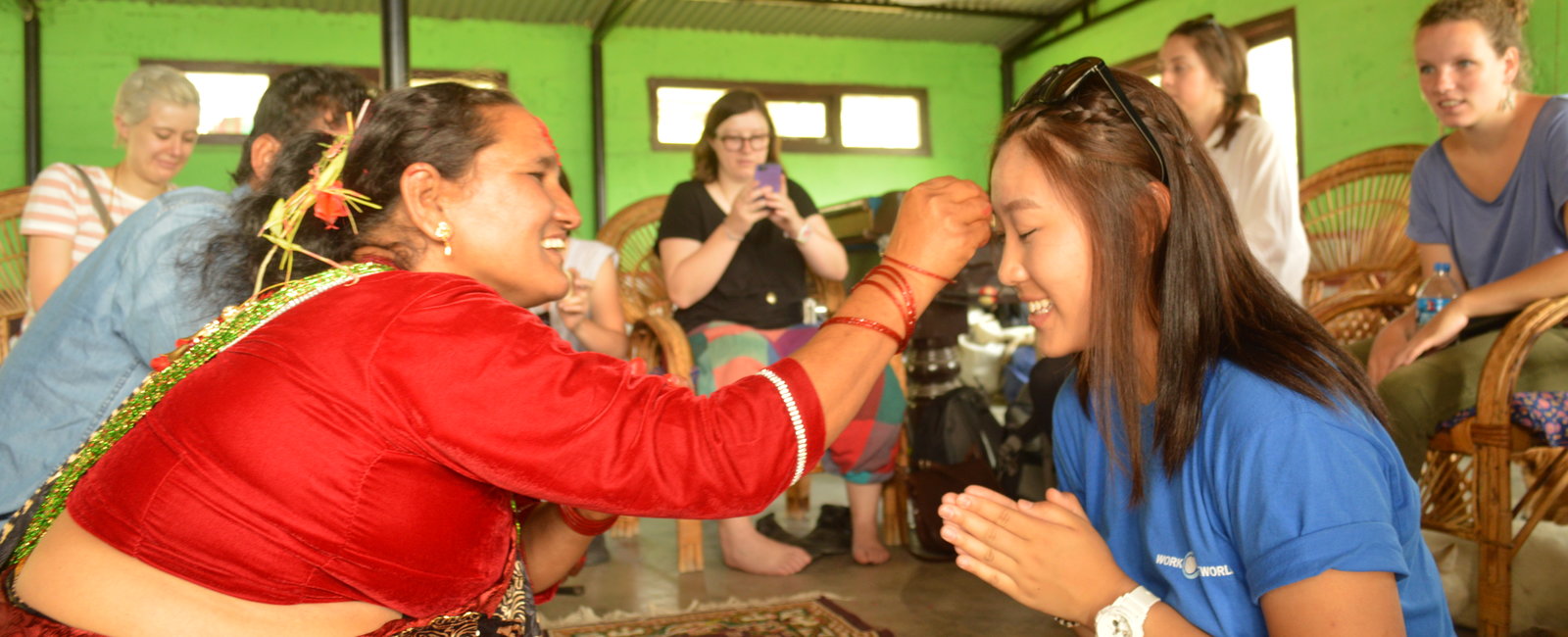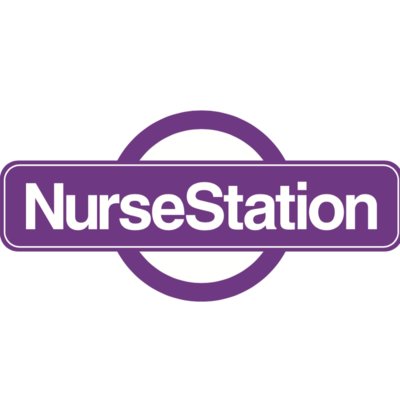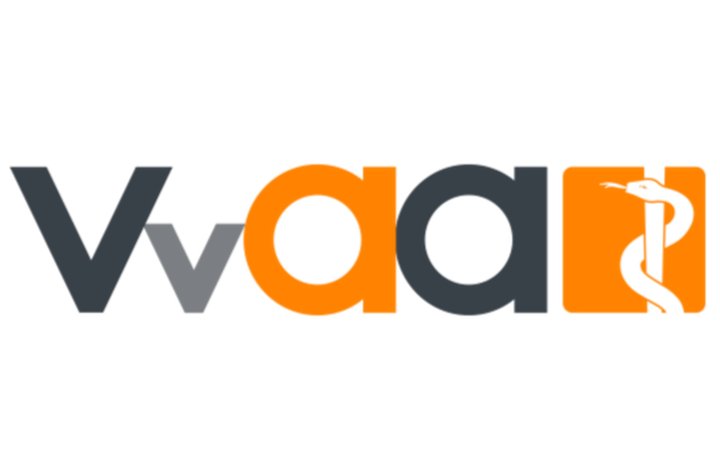University of East Anglia 2017
On arrival in Dar es Salaam, I was met at the airport by the Work the World programme manager and a member of his team. My first impressions were fantastic—I had to pinch myself a few times to wake up to the fact that I was now in Africa.
I am not wholly sure how I came to choose Tanzania. I think it might have chosen me. I've been to India on holiday, so I wanted to go somewhere that would take me out of my personal comfort zone in a similar way.
My first thought when we got to the Work the World house was about how big it was! As for the area, I felt totally safe. The house was only a short walk from the beach, the local shops and the all-important cash machine. After the city orientation—a guided tour of the are led by the Work the World team—I could confidently navigate my way around and explore the locality.
While on my nursing placement, I spent time in the paediatric mental health clinic. I met a mother and child who had been shunned by her husband, relatives and neighbours because of the behaviour of the child who had ADHD. They had been told they had to move away. Whilst I was shocked by this, I metered this with the fact that, in some cases, Tanzania has a different view towards mental health than we do in the UK.
In the methadone clinic, patients who had HIV or TB were required to take their HIV/TB medication before they were allowed to take the methadone for their addiction rehabilitation. However, one may view this practice, I was told, as working well for local staff. I was also able to discuss with staff some of the theories that underpin nursing in both the UK and Tanzania. I was able to share knowledge with them, even showing them using the internet on my phone.
Whilst in Tanzania, I had the perfect balance of clinical experience and free time. I would regularly call home to my family, letting them know how I was getting on and what I was up to. I also spent plenty of time in the pool at the house and time at the beach! There was a local restaurant that my housemates and I regularly ate at, especially after a busy day. I spent weekends doing things like going on safari, travelling to local markets and exploring the surrounding area.
The safari, which I planned and booked through Work the World, was awesome. I found it to be great value for money. Booking through Work the World meant that everything was taken care of and did not cause me any stress. The safari guides were so knowledgeable. The chef, Henry, was of a Maasai background and was able to facilitate our meeting with a local Maasai family. The safari experience will always stay with me.
I spent time with other students in the house. We played cards and chatted for hours about what we had seen or experienced on a particular day. We all ate together and on Thursday, enjoyed the weekly BBQ where there was lots of food, drink and socialising!
In terms of cultural exchange, I was lucky in that the staff I met and the student nurses at that hospital were all keen to share knowledge of their practice. I was able to learn more about Swahili, too. The staff enjoyed helping me learn as much as I could. This helped break down some of the barriers I was expecting to face between me and the patients. The patients took great delight in teaching me Swahili!
We had many conversations, comparing our healthcare systems to what we saw in Tanzania. I was heartened to hear that they like to treat patients in a holistic, person-centred way. I saw that whilst many things appeared different in Tanzania, such as the use of restraints and medications, the underpinning ethos was very similar to the thinking in the UK. Granted, local staff estimate that they are about 30 years behind the UK in certain areas, but they are moving forward.
Since returning to the UK, I've been better able to appreciate what I have access to in the NHS. It is nowhere near as easy in Tanzania. There is, however, a system whereby if someone is unable to pay for care upfront, then they can make smaller repayments over time. Only when a patient has absolutely nothing are they able to receive care for free.
I came back from Tanzania having had many UNIQUE experiences of healthcare in another country.
Life in the Work the World house was great. It gave me a real sense of being part of a team. Initially, it was daunting as I was the new kid on the block, but I was soon replaced by another new arrival who looked as nervous as I did on my first day. My advice would be to go with the flow. Join in and accept all the different personalities. It makes you realise that not everyone thinks the same way. I feel that is why the dynamic worked so well. Work the World were great at matching people up. My roommates and I got on great and had many laughs together.
Before I went to Tanzania, Work the World had set up my personalised online placement planning dashboard. Here, I could see details about my placement and accommodation and brush up on the local language. Calling it 'helpful' would massively undersell it. The UK team and the placement planning dashboard take the stress out of trying to arrange an elective on your own. It’s so worth it; you're supported all the way, so you know you’ll be prepared when the time comes.
My husband and I raised the funds for my elective placement together. We contacted various companies and asked for their help. Initially, I made a list of all the things that I felt I would need, and then we went from there. I was incredibly lucky and had assistance in the form of donations from friends and family and from the goods I was given by companies such as my airline, a high streets sports retailer, and many others.
I think that for others going on a clinical experience overseas, I would say not to go with preconceived ideas. Experience it head-on; immerse yourself in the experience and embrace it as it happens.
I’m not sure I could pick one thing that sticks out and will stay with me for always—the whole process from start to finish was unforgettable. I met some really lovely people, both at the house and the staff at the hospital. I would advise anyone to undertake an overseas placement like mine—you won't regret it.
Read more about our Electives in Africa, where you'll discover various options in Tanzania and other exciting countries across the continent.

%20%203%20(1).jpg)
%20Thumbnail.png)



